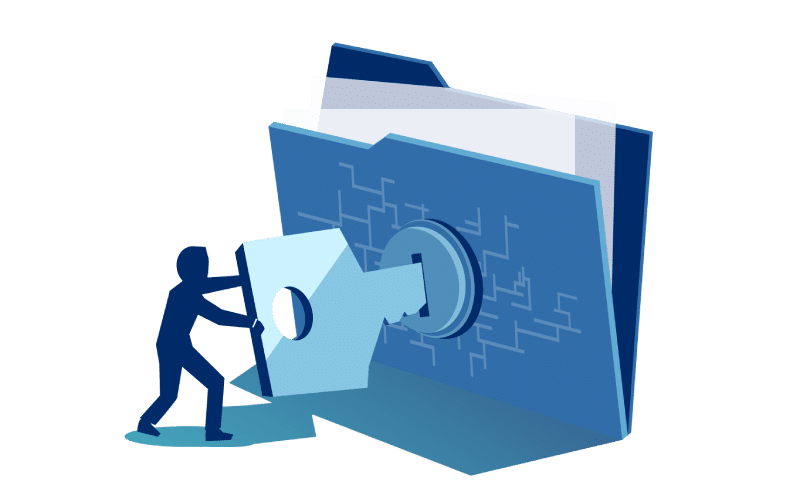Bitcoin Recovery
Bitcoin is a decentralized cryptocurrency that was created in 2009 by an anonymous person or group using the alias Satoshi Nakamoto. Bitcoin allows people to send and receive value online without the need for intermediaries such as banks or governments. Once fully mined, Bitcoin will have a limited supply of 21 million coins. It operates on a peer-to-peer network of computers that validate transactions using cryptography and a consensus mechanism called proof-of-work.
However, not everyone who uses Bitcoin is honest or trustworthy. There are many scammers who try to take advantage of unsuspecting users by offering fake products, services or investments that require payment in Bitcoin. Some of these scammers may even hack into your Bitcoin wallet or exchange account and steal your funds. If you have been scammed using Bitcoin, you may be wondering how to recover your money.
Unfortunately, there is no easy way to get your Bitcoin back once it has been sent to a scammer. Bitcoin transactions are irreversible, meaning that once they are confirmed by the network, they cannot be undone or modified. Unlike credit cards or bank transfers, there is no central authority that can reverse a fraudulent transaction or refund your money. The only way to recover your Bitcoin is if the scammer agrees to send it back to you, which is very unlikely.

Therefore, the best way to avoid losing your Bitcoin to scammers is to be careful and vigilant when using Bitcoin online. Here are some tips to help you protect yourself from Bitcoin scams:
Check the reputation and reviews of the seller, company or platform that you are dealing with. Look for signs of legitimacy such as a secure website, a clear and transparent business model, and a customer support service.
Scammers may use various tactics to persuade you to send them Bitcoin, such as promising high returns, offering discounts or bonuses, or claiming to be from a reputable organization. Don’t fall for these tricks and always verify the identity and credibility of the person or entity you are dealing with.
Choose a wallet or exchange that has a good reputation, offers strong security features such as encryption, two-factor authentication and backup options, and complies with relevant regulations and standards. Avoid using online wallets or exchanges that are unregulated, unknown or have a history of hacks or breaches.
Your private keys are the secret codes that allow you to access and spend your Bitcoin. Your passwords are the keys that protect your online accounts such as your wallet or exchange account. Never share your private keys or passwords with anyone, not even with someone who claims to be from your wallet or exchange provider. Store your private keys and passwords in a safe place, preferably offline or on a hardware device.
That try to trick you into revealing your personal or financial information or clicking on malicious links or attachments. Phishing is a common technique used by scammers to steal your data or infect your device with malware. Always check the sender’s address, the content and tone of the message, and the URL of the website before opening or responding to any suspicious communication.
Bitcoin is an innovative and exciting technology that can offer many benefits and opportunities for users who understand how it works and how to use it safely. However, it also comes with risks and challenges that require caution and responsibility from users who want to avoid being scammed using Bitcoin. By following these tips, you can protect yourself from Bitcoin scams and enjoy using Bitcoin with confidence.

If you have been a victim of online scams, you may be able to recover your funds with the help of MyChargeBack. MyChargeBack specializes in disputing complex, card-not-present transactions and forensic cryptocurrency investigations that trace crypto across the blockchain.
MyChargeBack has helped thousands of consumers worldwide to get their money back from fraudulent brokers, exchanges and merchants. Contact MyChargeBack today and find out how they can assist you with your case.






